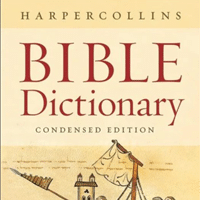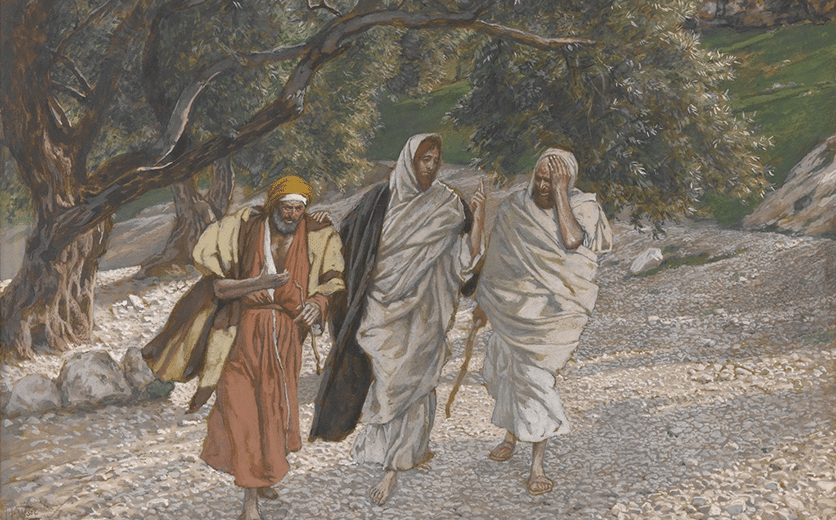Hee´brooz
An alternate designation for the people of Israel, the descendants of Abraham. The biblical writers use the term “Hebrew” to designate the direct ethnic progenitors of the people who can later be called “Israel,” or “the children of Israel.” The Lord, the “God of Israel” (Exod 5:1), is equated with the “God of the Hebrews” (Exod 5:3). On other occasions, Israelites or their ancestors refer to themselves as Hebrews in discussions with foreigners. Joseph defines his country of origin as the “land of the Hebrews” (Gen 40:15); the “land of Israel” is only applicable after the settlement of the tribes. The same nuance prevails in the speech of foreigners referring to Israelites. Note, for example, Potiphar’s wife in speaking of Joseph (Gen 39:14; Gen 39:17); likewise the chief butler (Gen 41:12). The term “Hebrew” is used by the NT writers to denote those Jews who continued to maintain their traditional Judaic heritage, including their Hebrew (and Aramaic) language, in contrast to the hellenizing Jews who had adopted the Greek language and culture (Acts 6:1; 2Cor 11:22; Phil 3:5).




